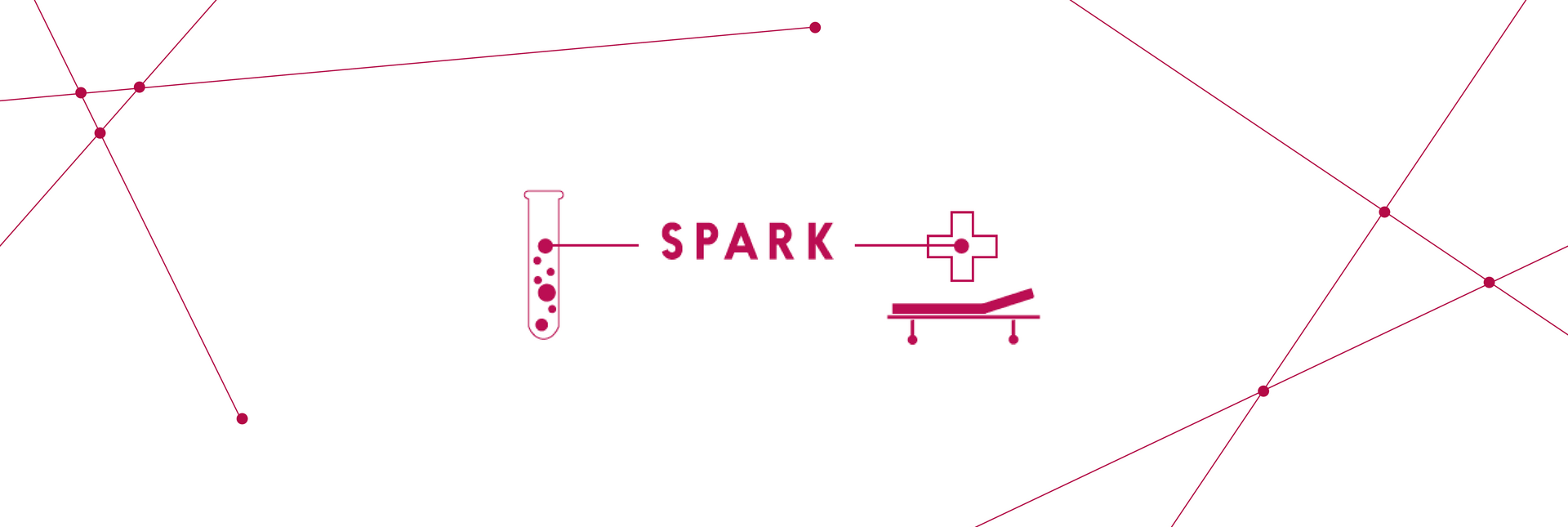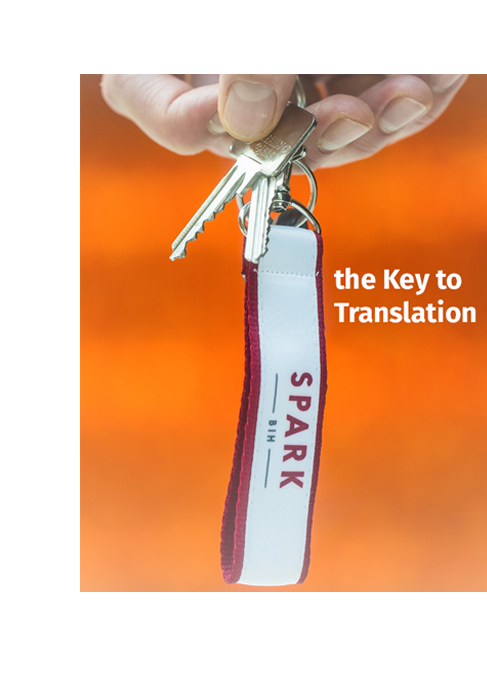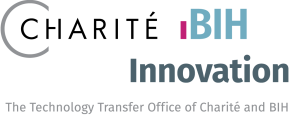
The Challenge
Translating innovative discoveries in medicine has been extremely challenging over the last two decades, with an unsatisfactorily low percentage (less than 5%) of academic inventions leading to clinically relevant drugs or diagnostics world-wide. See publication `Surviving in the Valley of Death: Opportunities and Challenges in Translating Academic Drug Discoveries´ [Annual Review of Pharmacology and Toxicology]
Many blame Big Pharma for steering away from risky endeavors, while maximizing short-term profits. However, a careful analysis reveals that the low translatability of academic discoveries is equally due to the lack of robust intellectual property as well as the lack of knowledge, expertise and resources to de-risk and advance academic projects to drug discovery and development. See publication `Translational research: the changing landscape of drug discovery´ [Drug Discovery Today]
The Solution

The SPARK-BIH program supports early stage academic inventions with education, mentorship and funding. It was founded in 2015 and is based on the highly successful SPARK program developed at Stanford University, which has achieved a translational success rate of more than 50%. See article `Sparking drug discoveries: Academic research catches fire´ [Stanford Medicine magazine].
The program is designed to de-risk projects with high potential impact, addressing critical unmet medical needs for any medical indication. Our aim is to accelerate the translation of academic inventions into outstanding medical products including novel or repurposed drugs, advanced therapy medicinal products, such as cell and gene therapies, diagnostics as well as medical devices. See chapter `SPARKing Drug Development for Alzheimer’s Disease in Academia´ [Alzheimer's Disease Drug Development: Research and Development Ecosystem].
Therefore we provide:
> Mentoring
Each project team provides regular updates to the advisory panel and receives feedback. Expert advisors provide project-specific advice for each stage of the product development.
If you would like to share your expertise with our SPARK scholars (AKA 'SPARKees') and participate in our program as SPARK advisor, get in contact with us.
> Funding
SPARK-BIH provides milestone-based funding for a period of 1-2 years.
> Education
SPARKees attend regular seminars that teach the process of development and commercialization of drugs, medical devices, diagnostics as well as the principles of Entrepreneurship.
More information on our Concept
SPARK began at Stanford University School of Medicine in 2006. After more than ten selection cycles, SPARK Stanford has to date supported nearly 130 projects with advice and funding, which has led to 25 startups, 10 licensing and 30 clinical trials.


